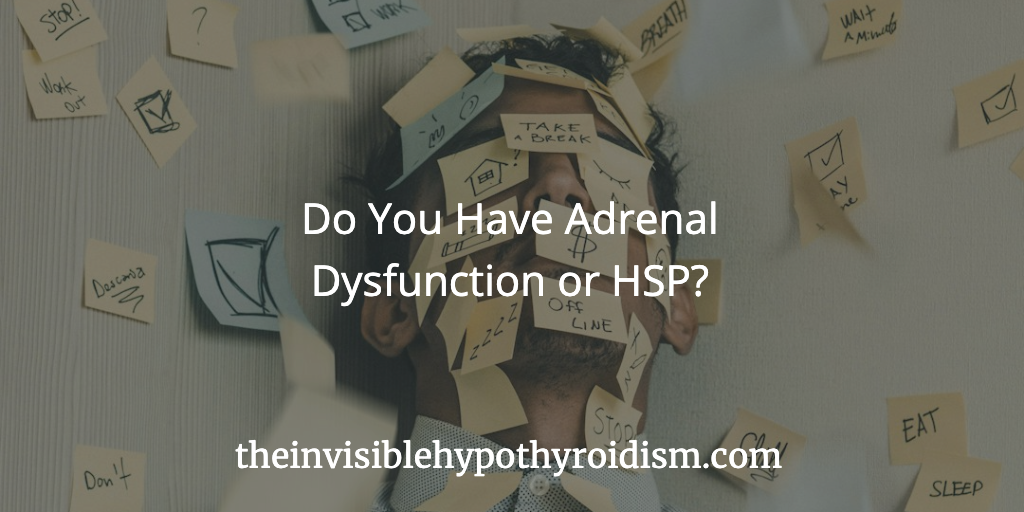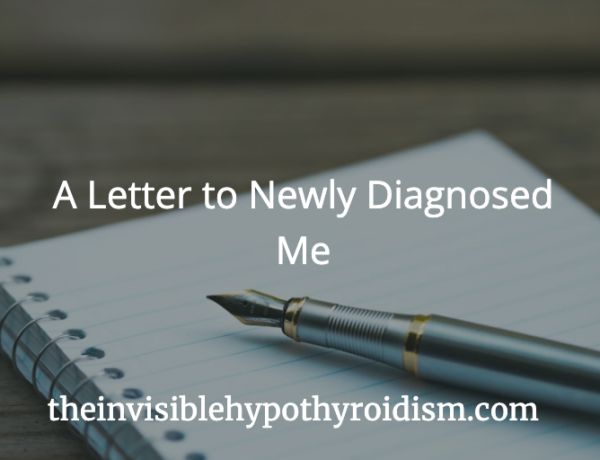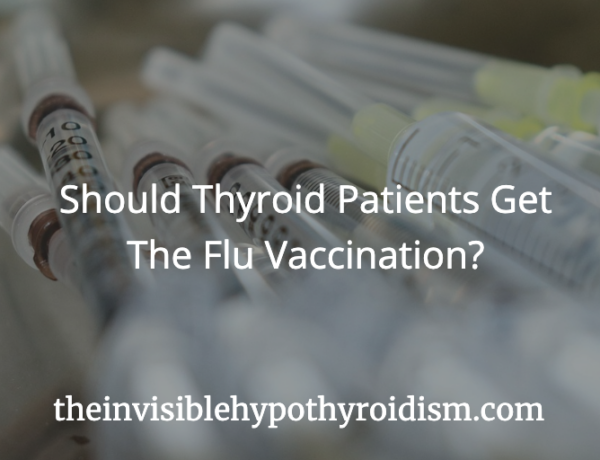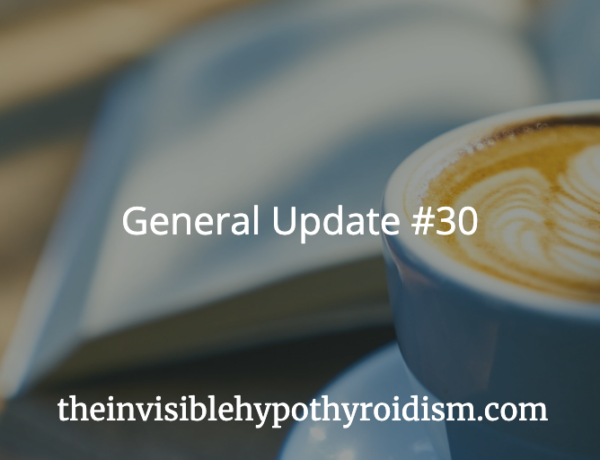“Highly Sensitive Person.”
It doesn’t mean what you initially think from the name.
A HSP isn’t just highly sensitive in terms of being overly emotional. No, high sensitivity refers to the deep sensory processing of everything.
Signs of being a HSP (Highly Sensitive Person) include:
- Feeling easily overwhelmed by loud noises, bright lights, strong smells, uncomfortable fabrics and more
- Feeling uncomfortable by too much going on around you
- At the end of a busy day, finding that you need to withdraw in to a darkened, calm room alone
- Or perhaps during busy days, feeling overwhelmed and unsure of how to cope
- Seeming less able to tolerate as much as other people
- Feeling frazzled when you have lots to do in a short amount of time
- Other people’s moods affecting you
What Does Being a HSP Mean?
Being a HSP means that you are more aware than others of subtleties in your environment. This is due to your brain processing information more deeply.
You may also find that you have a deep connection and appreciation for the arts, music, nature, food etc. and that you can become overwhelmed rather easily, due to your brain processing everything so much more deeply.
What is moderately stimulating to most people can quickly become overstimulating for HSP’s, which is where we can become frazzled and overwhelmed.
Being a HSP is completely normal. In fact, this personality trait makes up 15-20% of the population.
However, I’ve found that in the thyroid community (that is, when speaking to other thyroid patients online) that it seems even more common. Perhaps the HSP tendency to become stressed more easily contributes to the triggering of a thyroid condition?
HSP’s bring insight, passion, intuitiveness, accuracy, analytical skills and kindness to society. We reflect more on everything. HSP’s are needed and highly valued in the world, so it doesn’t mean there is anything wrong with you. Quite the opposite!
What’s The Thyroid-Adrenal Connection?
The reason I wanted to speak about it on my thyroid advocacy website is because last year I came to the realisation that I was indeed a HSP. And it changed my life.
For years, I had been chasing down a diagnosis or some kind of answer for my anxiety, tendency to become overwhelmed and stressed easily, struggles with adapting to change, social anxiety and more. I was assessed for autism: that wasn’t it. I was assessed for personality disorders: that wasn’t it.
And please note: if you experience these kinds of issues and struggles, I do urge you to be officially assessed for autism, ADHD and other neurodiverse conditions. Do not delay seeking an assessment by assuming that you are simply a HSP or have adrenal issues instead. Rule things out!
And then one day I googled “repetitive noises make me angry”, as I sat at work having to listen to an alarm go off every ten seconds behind me and increasingly feeling frazzled to the point that I could not concentrate at all. Everyone else was able to block it out but I couldn’t.
And this is a key sign of being a HSP. Most people are able to ignore or not pay attention to these kinds of noises, glaring lights, uncomfortable odours or clutter, but HSP’s are much more affected by them as they struggle to filter them out.
Countless times I have been lying in bed trying to sleep, when I can hear a fly buzzing around the room which is stopping me from sleeping, yet my husband can’t hear a thing.
Or I can’t concentrate on the film I’m watching because I can hear the kitchen tap dripping two rooms away, which is taking up all my energy to ignore!
The thing is, since I was also struggling with adrenal dysfunction, I found that a lot of the symptoms of this and being a HSP overlapped. And I wasn’t sure where one began and another ended.
Here are some examples of crossover symptoms:
- Anxiety
- Depression
- Jumping at sudden, loud noises
- Struggling to fall asleep at night (feeling ‘too tired to sleep’ or ‘tired but wired’)
- Managing worse than others when working night shifts, recovering from jet lag or just a bad night’s sleep
- Feeling easily emotional
- Wanting to be alone often to wind down
- Having low stress tolerance
- Struggling to concentrate or focus
- Being sensitive to the effects of caffeine
- Hunger creating a strong reaction in yourself, which disrupts mood and concentration
How many of us think we have adrenal issues when we’re really HSP’s?
That’s a question I kept asking myself as I delve deeper and deeper in to research and information on having this personality trait.
We could be obsessing over fixing a physical problem when in reality, it’s not a problem at all since it is just part of our personality.
Psychotherapist Elaine N. Aron, Ph.D. talks about how child HSP’s have higher levels of cortisol, in her book. How many of us could that apply to as adults? How many of us are struggling to bring stubborn cortisol levels down in the form of adrenal dysfunction, unaware that it may well just be normal for us to have slightly higher levels, due to being a HSP?
Dr. Aron also mentions how digestive problems, muscle tension, fatigue, migraines, sleep disruptions and even weakened immune systems tend to be common in HSP’s, making us more susceptible to illness. Is it possible that being a HSP makes us more susceptible to triggering our thyroid condition in the first place?
How Learning I Was a HSP Changed My Life
Learning I was a HSP has done wonders on my mental health and wellbeing. After realising that I’m just like 15-20% of the population, and reading a lot about embracing this personality trait and how to cope with it in day to day life, has been empowering. I understand so much more about myself and instead of putting everything down to ‘adrenal fatigue’, I have actively worked to promote nourishing my HSP qualities instead.
On days when I wake up feeling low and already overwhelmed with life, I take it easy – going for a walk, putting on the music I like and avoiding the things I know over-stimulate my brain (social media, negative music, group chats, emails). I soon diffuse what would have been a meltdown in the past.
When I was putting it all down to adrenal dysfunction, a physical imbalance that I was already working on fixing with a functional medicine practitioner, I was more harsh on myself and not at all accepting of these qualities. I always felt like I was ‘broken’.
And this only lead to me feeling like I was never making any progress in my mental health and wellbeing or adrenal issues.
By understanding how my mind works as a HSP, I am able to listen to it better and know what I need to do when I’m becoming overwhelmed and overstimulated. And as well as addressing the physical imbalances that lead to my confirmed adrenal dysfunction via testing, I was able to promote better mental health which helped me recover from adrenal dysfunction and recognise now, which symptoms were from that and which are just part of me.
Read about how I personally fixed my adrenal issues here.
So, Do You Have Adrenal Issues or Are You a HSP?
Some of you reading this may have adrenal dysfunction and not be a HSP. Some will be HSP’s and have fine adrenal function. And some may have both.
So be sure to confirm if you really do have adrenal issues via testing and remember that if you’re also a HSP, that cortisol levels a little higher than ‘normal’ may just be your norm, but as always, discuss results with your doctor.
Adrenal Testing
Order or ask for a 24-hour saliva test, testing your cortisol levels at four key points of the day, to find out if you have adrenal dysfunction. You can find a test option here.
Four samples taken over a 24 hour day show how your rhythm of cortisol production is working. Normal results tend to be highest in the morning, tailing off throughout the day.
Further Reading on HSP
I highly recommend Elaine N. Aron Ph.D’s book The Highly Sensitive Person for reading if you want to explore whether you’re a HSP too. It is a very interesting, insightful and compelling read which answered so many questions for me.
Let me know in the comments if you’re a HSP too!
Related post: How Thyroid Tired is Different to Normal Tired





